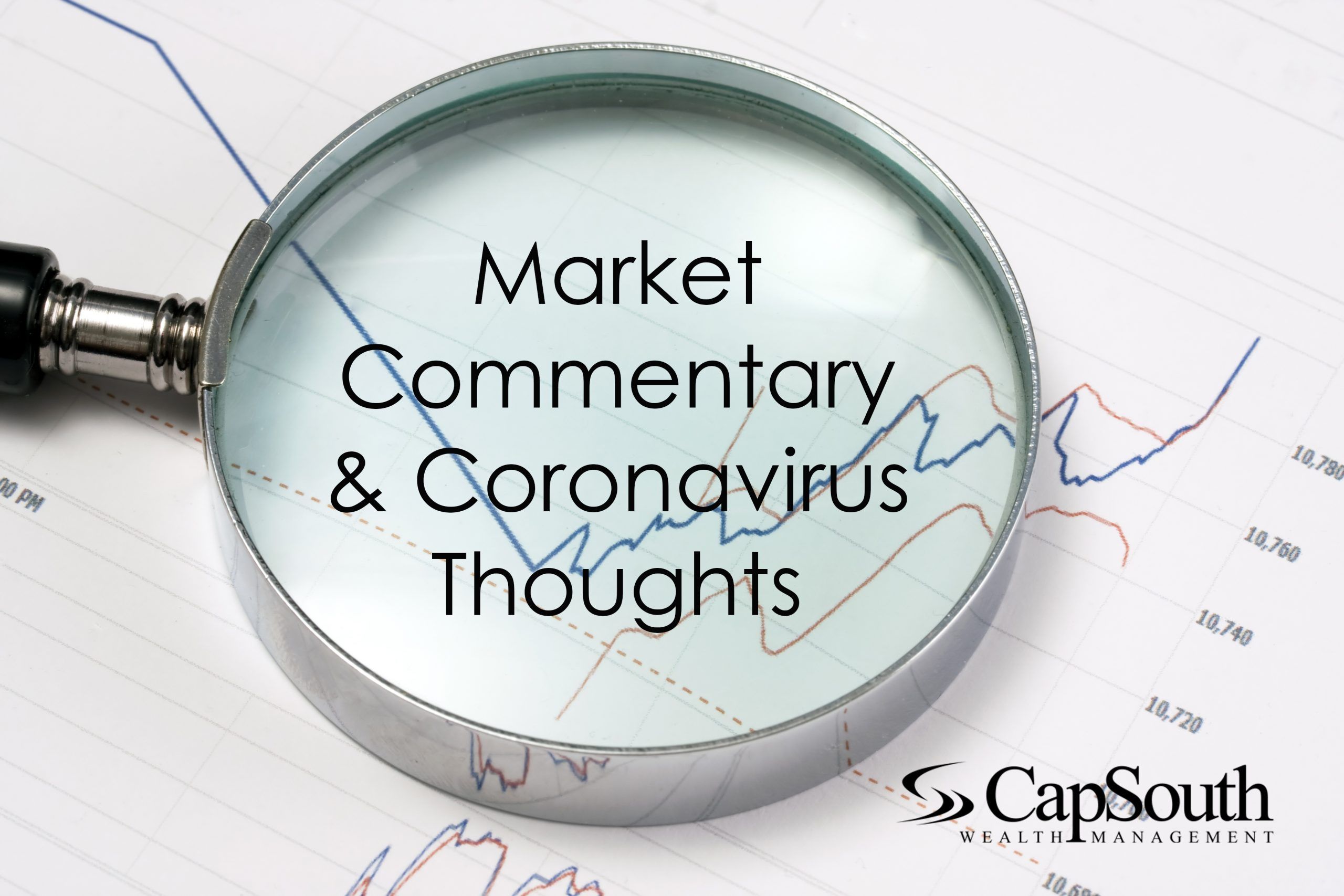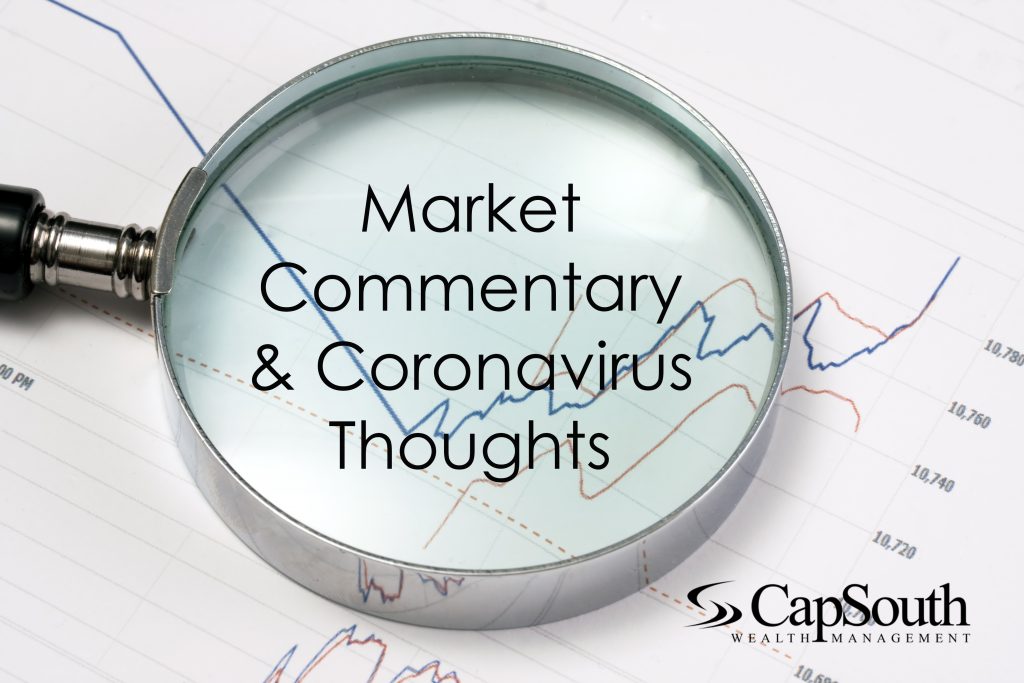Health Care Costs Interrupts Retirement Preparations
You may have seen this statistic before or one resembling it: the average 65-year-old retiring couple can now expect to pay more than $250,000 in health care expenses during the rest of their lives.
In fact, Fidelity Investments now projects this cost at $285,000. The effort to prepare for these potential expenses is changing the big picture of retirement strategy.[i]
Individual retirement savings strategies have been altered. How many people retire with a dedicated account or lump sum meant to address future health costs? Probably very few. Many retirees end up winging it, paying their out-of-pocket costs from their incomes, Social Security benefits, and savings.
While couples can save together, individuals also have considerable health care costs as well. Fidelity estimates the costs as $150,000 for women and $135,000 for men. The costs can potentially take up a considerable amount of a retiree’s income – 9% to 14%, according to Fidelity. Per year, out-of-pocket costs, including dental and vision, could run from $3,000 to $8,000 during an average year.[ii]
While households have begun adjusting their retirement expectations, considering their projected health care expenses, businesses have also quietly made some changes. If you can take advantage of employer matching contributions to your workplace retirement account, take advantage of that benefit.
There is no easy answer for retirees preparing to address future health care costs.
Staying active and fit may lead to health care savings over the long run, but some baby boomers and Gen Xers already have physical ailments. Barring some sort of unusual economic phenomenon or public policy shift, the question of how to pay for hundreds of thousands of dollars of medical and drug expenses after 65 will confound many of us.
To learn more about CapSouth and the retirement services we offer, visit our website at www.capsouthwm.com or call our office at 800.929.1001.
Investment advisory services are offered through CapSouth Partners, Inc., dba CapSouth Wealth Management, an independent registered Investment Advisory firm. Information provided by sources deemed to be reliable. CapSouth does not guarantee the accuracy or completeness of the information. This material has been prepared for planning purposes only and is not intended as specific tax or legal advice. Tax and legal laws are often complex and frequently change. Please consult your tax or legal advisor to discuss your specific situation before making any decisions that may have tax or legal consequences.
This
article contains external links to third party content (content hosted on sites
unaffiliated with CapSouth Partners). The policies and procedures governing
these third-party sites may differ from those effective on the CapSouth company
website, as outlined in these Disclaimers. As such, CapSouth makes no
representations whatsoever regarding any third-party content/sites that may be
accessible directly or indirectly from the CapSouth website. Linking to these
third-party sites in no way implies an endorsement or affiliation of any kind
between CapSouth and any third party, including legal authorization to use any
trademark, trade name, logo, or copyrighted materials belonging to either
entity.
[i] https://www.fool.com/investing/2019/12/07/these-5-factors-will-tell-you-how-much-you-really.aspx
[ii] https://www.plansponsor.com/estimates-health-care-costs-retirement-continue-rise/





